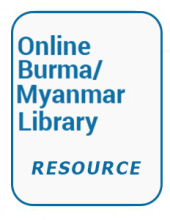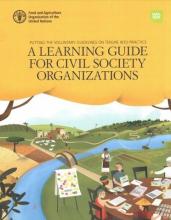Land Library Search
Through our robust search engine, you can search for any item of the over 73,000 highly curated resources in the Land Library.
If you would like to find an overview of what is possible, feel free to peruse the Search Guide.
/ library resources
Showing items 28 through 36 of 285.Las DV no son ni de obligado cumplimiento ni tampoco inderogables. Son una herramienta de referencia que se usa para forzar la evolución y mejora de políticas y prácticas de gobernanza relativas a la tenencia de la tierra, la pesca y los bosques.
Les DV n’ont pas force d’obligation indérogeable. C’est un outil de référence mobilisable pour faire évoluer les politiques et pratiques de gouvernance relatives à la tenure des régimes fonciers applicables aux terres, pêches et forêts.
GRAIN is a small international non-profit organisation that works to support small farmers and social movements in their struggles for community-controlled and biodiversity-based food systems.
This paper provides an overview of what we know about farm size distributions, the emerging land markets, the role of tenure systems, tenure reforms and land policies in shaping the distribution of increasingly scarce land resources.
Many African countries rely on sporadic land transfers from customary to statutory domains to attract investment and improve agricultural performance. Data from 15,000 smallholders and 800 estates in Malawi allow exploring the long-term effects of such a strategy.
Millions of people worldwide depend on natural resources such as land, fisheries and forests that are used collectively as commons. Commons are essential to culture, identity and well-being.
80% of Cambodian people are farmers living in rural and remote areas. They are depending on agriculture, livestock and natural resource extraction to feed their families.
This learning guide has been designed specifically to give civil society and grassroots organizations a deeper understanding of the Voluntary guidelines on the responsible governance of tenure of land, fisheries and forests in the context of national food security (VGGT) to enable the members of
Rwanda has initiated a major land tenure reform program over the last two decades to clarify land rights, underpinned by far-reaching legal and institutional reforms (2004 national land policy (NLP); 2005 organic land law (OLL)), which culminated in a nationwide program of systematic land tenure








